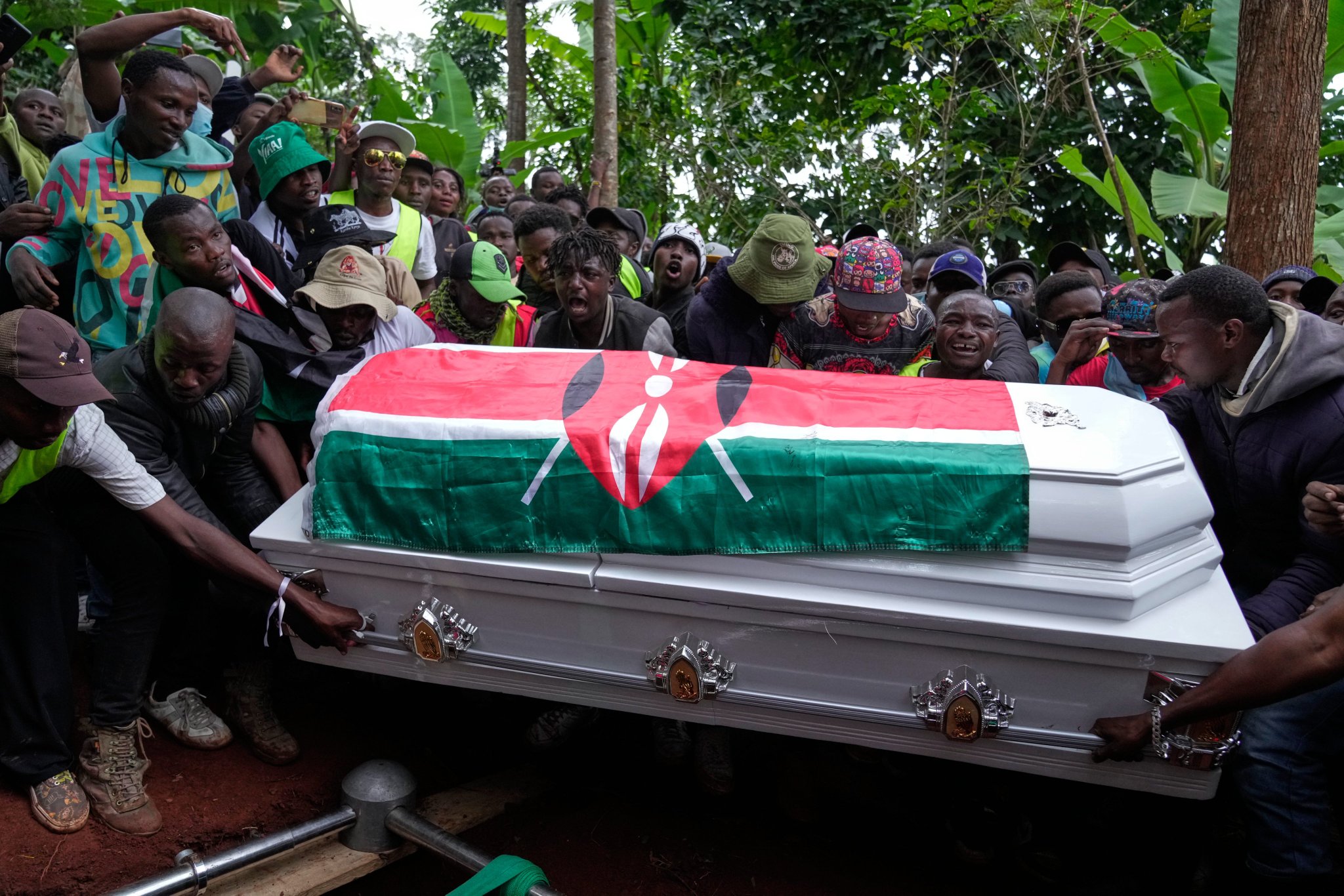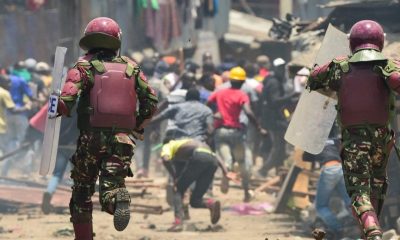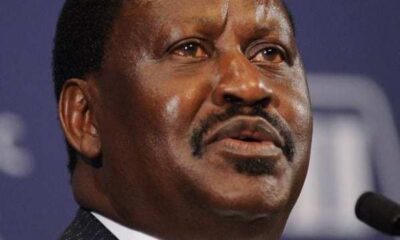News
Saba Saba Death Toll Climbs to 38
Among the victims is a 12-year-old girl from Kiambu who was fatally shot while watching television in her home – a stark reminder that the violence extended beyond the protest sites themselves.

NAIROBI, Kenya – The death toll from Kenya’s annual Saba Saba demonstrations has risen to 38, with over 130 people injured nationwide, according to the Kenya National Commission on Human Rights (KNCHR), which released the grim statistics Friday evening.
The commission’s latest report paints a disturbing picture of this year’s July 7 protests, which commemorate Kenya’s struggle for multiparty democracy but turned deadly amid rising public anger over economic hardships and governance issues.
The fatalities span multiple counties, with Kiambu bearing the heaviest toll at eight deaths, followed by Nairobi and Kajiado counties with six deaths each. The widespread nature of the casualties suggests coordinated security operations across the country.
Among the victims is a 12-year-old girl from Kiambu who was fatally shot while watching television in her home – a stark reminder that the violence extended beyond the protest sites themselves.
KNCHR’s investigation reveals alarming patterns in the deaths. Of the 15 postmortems conducted so far, 14 victims died from gunshot wounds, raising serious questions about the proportionality of force used by security agencies.
The demographic breakdown is equally concerning. The majority of victims are youth under 25, with four women and two children among the deceased.
This age profile reflects the composition of Kenya’s protest movement, which has been largely driven by young people demanding economic reforms and better governance.
Despite a government directive to waive medical and mortuary fees for protest victims, families report being charged for postmortem services and other medical expenses.
KNCHR has criticized these actions as “not only unlawful but also inhumane,” particularly for vulnerable families already struggling with grief and financial hardship.
“The families claim they are also being asked to pay the postmortem charges in addition to other medical and mortuary bills, contrary to the waiver issued by the Government,” KNCHR stated, noting that most affected families are underprivileged and unable to bear these costs.
The commission is working alongside the Independent Policing and Oversight Authority (IPOA), the Law Society of Kenya (LSK), and the Independent Medico-Legal Unit (IMLU) to assist families with postmortem procedures and document violations.
KNCHR has demanded that the Ministry of Health immediately and unconditionally implement the promised waiver of all medical bills related to the protests, while continuing to monitor and document human rights violations.
Saba Saba, which means “Seven Seven” in Swahili, marks the historic July 7, 1990 demonstration that helped launch Kenya’s multiparty democracy movement.
The annual commemoration has become a platform for expressing grievances about governance and economic conditions.
This year’s protests occurred against a backdrop of mounting public discontent over economic hardships, with many Kenyans struggling with high costs of living and limited economic opportunities.
The commission’s documentation efforts continue as it maintains its “steadfast” commitment to monitoring human rights violations and urging citizens to report incidents.
Kenya Insights allows guest blogging, if you want to be published on Kenya’s most authoritative and accurate blog, have an expose, news TIPS, story angles, human interest stories, drop us an email on [email protected] or via Telegram
-

 Grapevine2 weeks ago
Grapevine2 weeks agoRussian Man’s Secret Sex Recordings Ignite Fury as Questions Mount Over Consent and Easy Pick-Ups in Nairobi
-

 News1 week ago
News1 week agoTHE FIRM IN THE DOCK: How Kaplan and Stratton Became the Most Scrutinised Law Firm in Kenya
-

 Investigations1 week ago
Investigations1 week agoMulti-Million Dollar Fraud: Three Kenyans Face US Extradition in Massive Cybercrime Conspiracy
-

 Economy1 week ago
Economy1 week agoIran Demands Arrest, Prosecution Of Kenya’s Cup of Joe Director Director Over Sh2.6 Billion Tea Fraud
-

 Business1 week ago
Business1 week agoA Farm in Kenya’s Rift Valley Ignites a National Reckoning With Israeli Investment
-

 Africa2 weeks ago
Africa2 weeks agoFBI Investigates Congresswoman Ilhan Omar’s Husband’s Sh3.8 Billion Businesses in Kenya, Somalia and Dubai
-

 Grapevine4 days ago
Grapevine4 days agoA UN Director Based in Nairobi Was Deep in an Intimate Friendship With Epstein — He Even Sent Her a Sex Toy
-

 Politics2 weeks ago
Politics2 weeks agoSifuna, Babu Owino Are Uhuru’s Project, Orengo Is Opportunist, Inconsequential in Kenyan Politics, Miguna Says




















